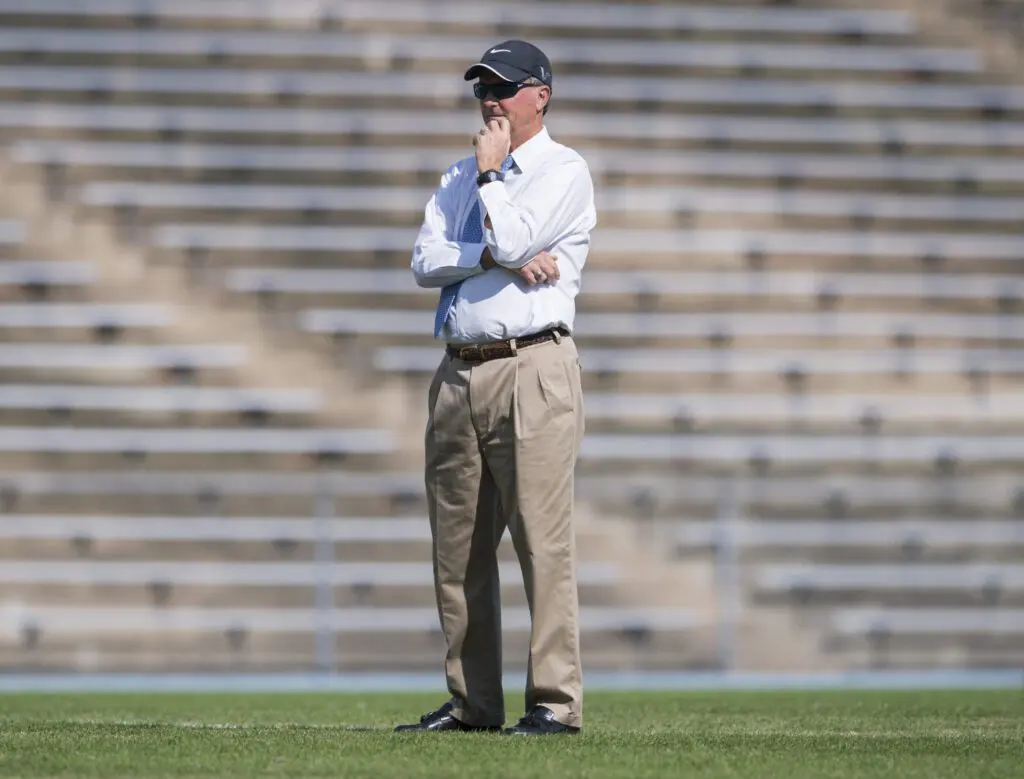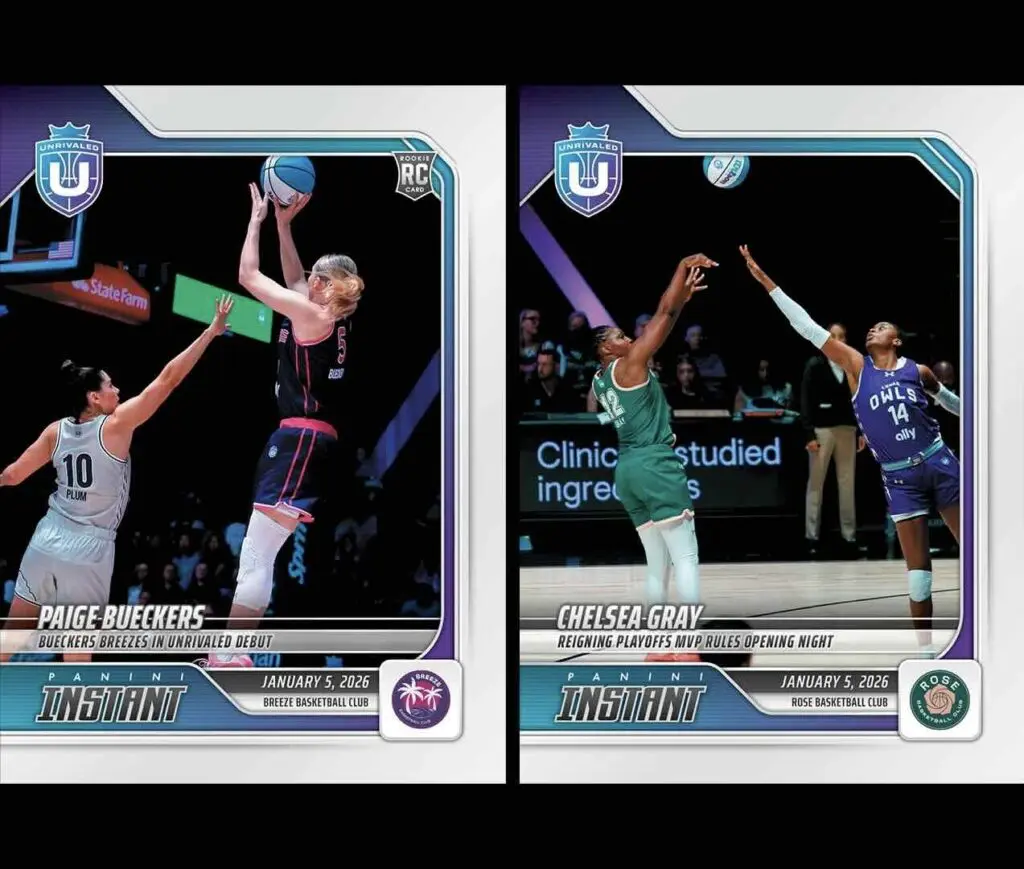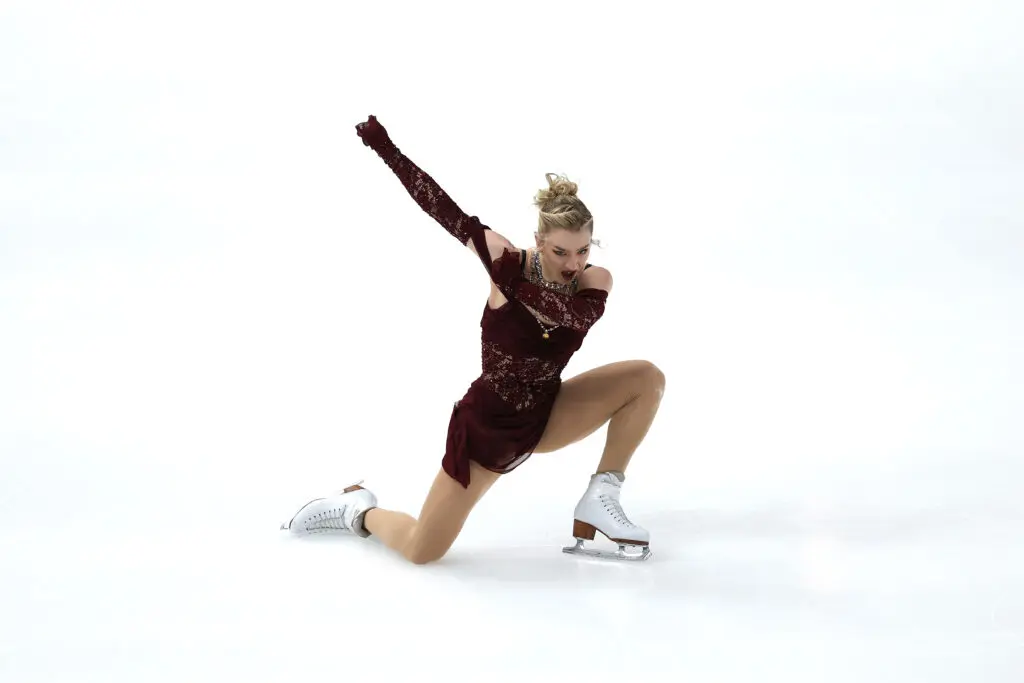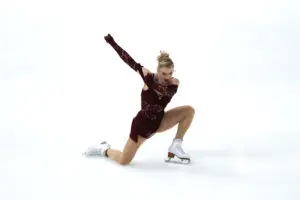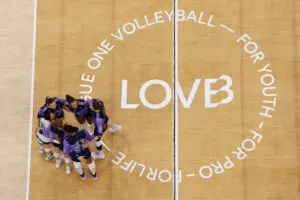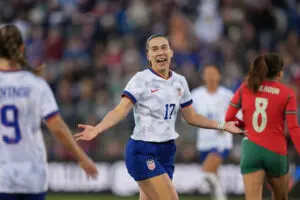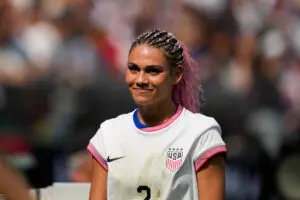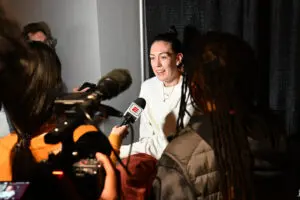Anson Dorrance is one of the most decorated coaches in the history of sports. Under his direction, the University of North Carolina has won 21 of the 31 NCAA Women’s Soccer Championships. Dorrance has been named the NCAA coach of the year seven times, and as coach of the USWNT, he won the first Women’s World Cup in 1991. Below, he spoke with Just Women’s Sports about coaching during a pandemic, why his experience with the national team prepared him for this, and his ongoing efforts to facilitate competitiveness in women’s sports.
You’ve coached for a long time. Have you ever experienced anything like what is currently happening due to COVID-19? Is there any parallel you can draw or is this completely unprecedented?
Actually, there is a parallel. This experience is similar to the way we had to develop our 1991 World Cup team back in the mid ’80s when I was hired to coach the US women’s national team. We had never won a game in an international competition. Five years later, we were world champions. What people don’t understand about that World Cup is how it was done. It was done through the teeth of the Scandinavian teams and the Italians who had a much larger investment in their women’s soccer program than we had ever had, and obviously a lot more experience.
If you look at teams in the 1991 World Cup — the Norwegians, the Swedes, and to some extent the Danes and the Italians — their rosters were filled with players who had accumulated caps, and they had large investments from their countries. Since we didn’t have any money from our soccer federation and the girls weren’t playing on any professional teams, it was hard for us to get together to train. Instead, we had to train on our own, just like players are having to train on their own now. I had to pick players to play on the national team who were self-disciplined enough that they could train themselves and come into camp fit. They also had to buy into the way we were going to try to win.
I do not have the life or death pandemic experience under my belt, but I have had experience with having players train on their own. I’m using that to talk to our college kids now. I’m saying: come back as a better player, come back fitter, come back with a more powerful strike from playing against a wall, come back a better 1V1 player from playing your brother, sister, mom, dad or your dog. We meet with the team every Monday at 2:30pm on a Zoom call. We excite everyone about getting better and better. We’re not kicking back, relaxing, eating Bon-Bons. No, we’re trying to get better.
How did you develop a coaching strategy for that 1991 World Cup given the limited investment and lack of opportunities to play together? Was it difficult to get players to play cohesively as a team with such limited training time?
Since we didn’t have a lot of training camps and since the players weren’t coming from sophisticated teams, we decided the way we were going to win was by out-dueling every team in the world. By out-dueling, I mean that our philosophy was built on a platform of 1V1. Wherever our girls lived, they could always find at least one quality partner to train with. A lot of girls just trained with the boys they were dating.
The most famous story was Carin Jennings. She was dating Jim Gabarra. Jim was the captain of the US Futsal National Team, so he was one hell of a male player. Carin’s training platform of playing 1V1 against him every day was extraordinary for her because there’s no better example of getting to your potential in women’s soccer than playing with and against boys.
During the first camp I ever ran, I said, “Everyone come in fit. If you’re not fit, I’m sending you home.” The girls got there on a Sunday. Monday morning was our first training session and we had a fitness test. One of the girls failed, so I had her gather up all of her equipment that was there at the practice. She jumped in a van with one of the managers. The manager drove her back to the hotel where she packed her stuff and then he drove her to the airport and he sent her home.
That was wonderful, but the second thing that was wonderful was that we didn’t tell the players whether the test was going to be a fitness test or a 1V1 tournament. As a result, if they wanted to do well in the competitive cauldron, they had to prepare for both.

Depending on where they live, some players may not want to risk going outside and potentially contracting the virus and bringing it to their families. Do you have concerns about that and any other limitations affecting the individual athletes?
Well, yes. It’s hard to find a field to train on because even our university fields are closed. Our governor in North Carolina is liberal, which means he believes in the stay-at-home orders. The Republican governors believe in opening up the economy. The specific state players are in dictates whether or not they can gather in groups to train or not.
There are training pockets for players. Some girls hang out together, some still live on campus together. I want my players to go after it and to keep working hard while trying to stay safe by following the dictates of the governors. Regardless of their state’s limitations, players can always find a 1V1 partner. It can be their dad or their mom. If both of them suck, play them both — play 1V2. Almost every player has a brother or a sister who they can train against.
How much of that training are you dictating for them? Are you guys putting together training packets or are you just encouraging them to do it on their own?
We have what we call the Champion’s Almanac, which is something we put together a long time ago that outlines different workouts every day. It’s a combination of strength training, aerobic fitness training and ball mastery development.
We also encourage 1V1 platforms which can be hard because girls hate to compete against each other 1V1. They have no issue playing their boyfriend or their mom or their brother, but making them play against a friend or a teammate 1V1 is horrible. Who knows whether this is a genetic quality or a social quality where the girls are trained not to have this sort of direct confrontation. But we encourage it.
This is something you’ve been vocal about throughout your career, that we need to encourage more aggressiveness and competition in women’s soccer. Mia Hamm said you made it ok for her to want to be the best when she arrived at UNC. Can you talk more about why you think this hesitation still exists and what its impact is on women’s sports?
I talk about this in my camps all the time. I talk about how easy it is for men to have direct confrontation. Why? Because we understand hierarchy. We understand the fight to be the alpha. We’re accustomed to competing. If there’s a man shooting hoops on a basketball court and another man shows up, within minutes one guy turns to the other and says, “Hey, do you want to play?” I know what that means. It means let’s find out who the alpha is. Girls don’t do that.
Girls play turn-taking games like HORSE where first, I shoot and you don’t interfere with me, and then you shoot and I don’t interfere with you. Girls don’t have any trouble with that because all of the games they grew up playing were non-confrontational games. You go back to my generation. What did my generation of girls play? They played Jacks. Jacks is a game where basically I don’t interfere with you and you don’t interfere with me but we’re still, in a way, competing with each other.
We have to eradicate this dislike for direct confrontation if we want to lead women’s soccer playing culture. Our girls need to embrace 1V1 and not be afraid of it. I made sure that these ideas were part of the national team culture when I coached and now I try to implement them in the Tar Heel culture.
That’s the way the US won the first Women’s World Cup. We did it by being fitter than everyone else. We did it by playing extraordinary 1V1 soccer and we did it by pressing for 90 minutes. Not the classic modern press where you drop back to a line of confrontation half way between the 18 and the tangent on the center circle. No, no, no. We pressed if the ball was near their corner flag. We were all over them. We didn’t back off for one second. Those are the elements that delivered that World Championship to us.
